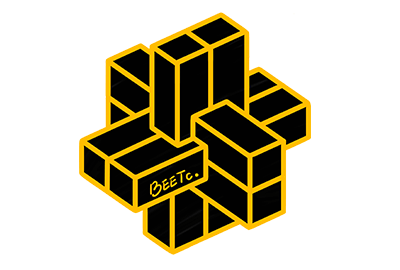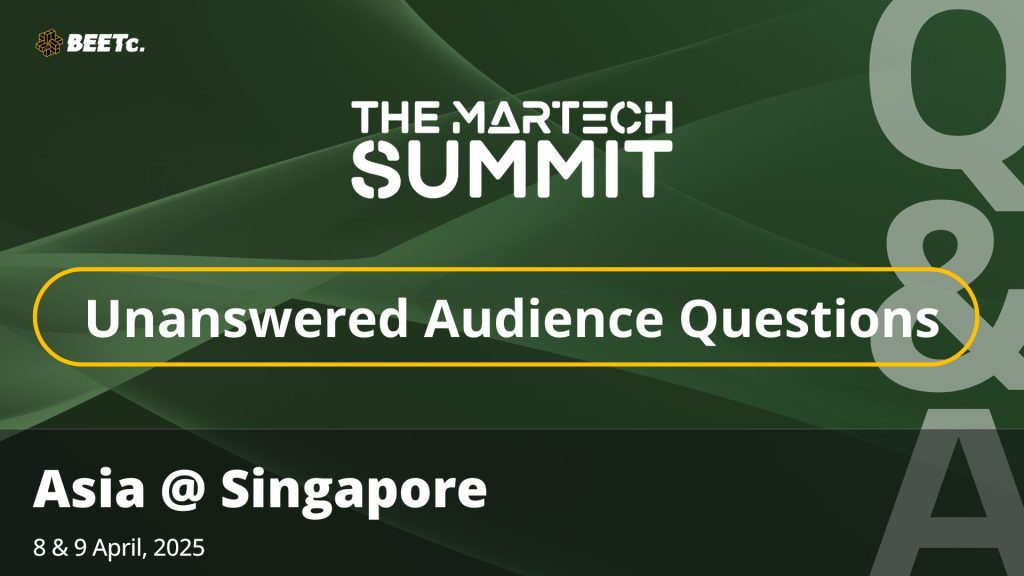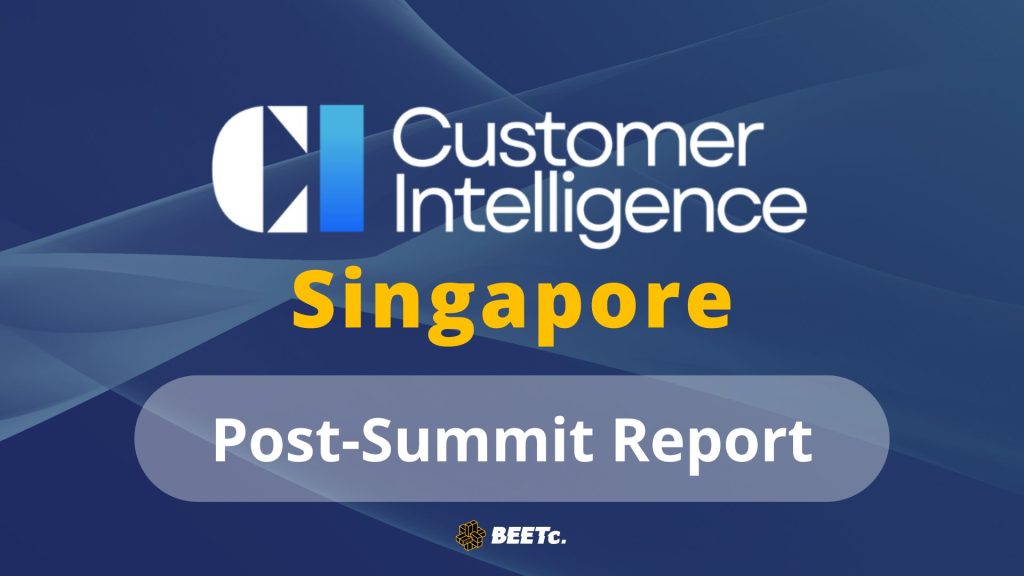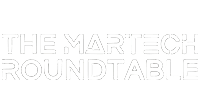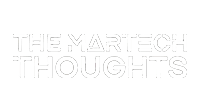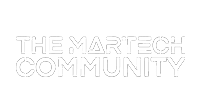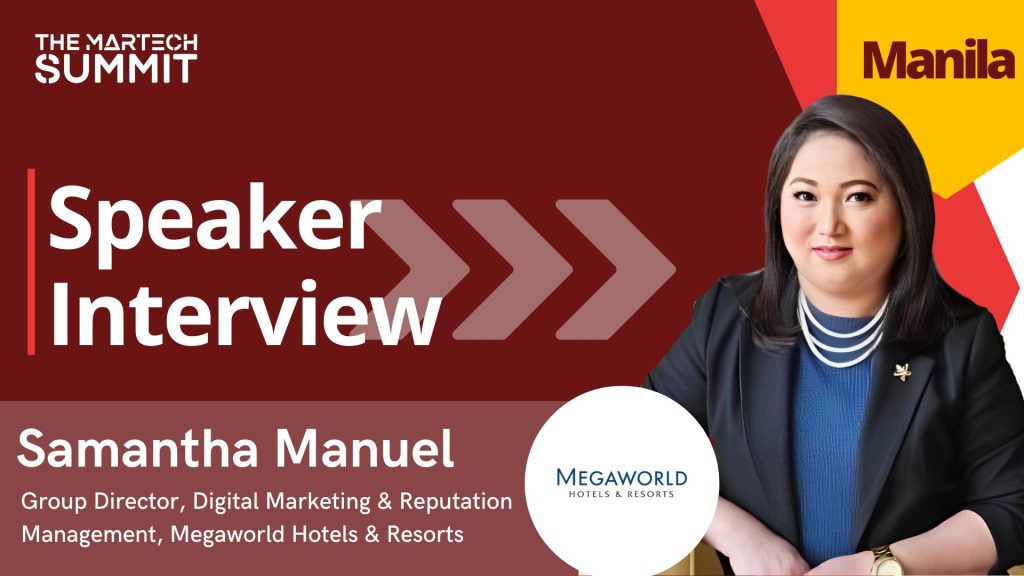
We are excited to feature Samantha Manuel, Group Director, Digital Marketing & Reputation Management at Megaworld Hotels & Resorts, in our Speaker Interview series. Samantha was a speaker at The MarTech Summit Manila 2024, where she joined the panel discussion [Future of Work] The Work of Marketing: How to Transform & Align Marketing Teams to be Future-Oriented & Digital-Ready. With over 20 years of experience across branding, communications, and digital strategy, Samantha brings deep expertise in leading transformation across hospitality brands. At Megaworld Hotels & Resorts, she oversees the digital marketing strategy for 13 properties, including the pre-opening of Grand Westside Hotel—the largest hotel in the Philippines to date.
As we head into The MarTech Summit Manila, 2 July 2025, the agenda will expand to explore a broader range of themes and innovations – from advanced CRM and AI-driven personalisation to cross-functional collaboration and digital transformation strategies – building on the strong foundations set by leaders like Samantha in previous editions.
About Megaworld Hotels & Resorts
Megaworld Hotels & Resorts is the Philippines’ largest homegrown hotel operator, managing a diverse portfolio of hotels across the country. The group is known for integrating hospitality with lifestyle, tourism, and commercial experiences, with properties tailored to both business and leisure travellers. Through a focus on digital marketing, guest satisfaction, and innovative brand storytelling, the company continues to redefine the hotel experience in Southeast Asia.
Quick Q&A with Samantha Manuel
Could you please give us a quick introduction of yourself?
I’m a seasoned marketing professional with over 20 years of experience in branding, communications, and digital strategy. I began my career in advertising, where I honed my skills in strategic storytelling and digital engagement. Over the past decade, I’ve led pre-opening projects for several hotels—most notably the launch of Grand Westside Hotel, the largest hotel in the Philippines to date – serving as Group Director for Digital Marketing & Reputation Management at Megaworld Hotels and Resorts. In this role, I oversee digital strategies for 13 properties across the country.
My leadership has been recognised through various accolades, including being named Most Outstanding Marketing & Communications Leader in 2020, earning a Silver ANVIL Award in 2023, and placing as a Top 3 finalist in Travel Daily’s Inspiring Women in Travel Asia 2024. I’ve had the privilege of sharing my insights at industry events like the Digital Travel APAC Summit in Singapore and continue to contribute to the Digital Marketing Association of the Philippines, championing innovation and excellence in the field.
How have you approached upskilling your marketing teams to stay ahead in an increasingly digital and AI-driven landscape? Any success stories you’d like to share?
I see upskilling as a mindset more than a task – it’s about keeping up with the trends and seeing change as an opportunity, not a threat. Digital transformation and AI adoption are ongoing journeys, and at Megaworld Hotels & Resorts, we are continuously evolving. By leading this discipline, I’ve learned that progress often starts with shifting the mindset first, starting with my own.
I make it a point to stay hands-on with new technologies, not just to understand how they work but to see how they can truly add value to our strategies. I then share those learnings with the team through collaboration, experimentation, and shared wins.
A success story I can share was facilitating in-house digital and reputation management training sessions, touching on AI content creation, analytics, and performance metrics. What began as a simple knowledge-sharing effort quickly empowered team members to lead their own campaigns and mentor others – creating a ripple effect of growth and confidence across the team.
One of the most rewarding experiences for me has been watching my team grow more confident in navigating digital tools—some of whom started with little to no experience. By fostering a culture of continuous learning and giving them space to explore AI tools, we’ve seen not only stronger campaign performance but more empowered marketers.
Upskilling in today’s world isn’t about mastering everything at once – it’s about having the willingness to learn, unlearn, and adapt. And when your team knows you’re on that journey with them, it creates an environment where innovation thrives.
What factors do you consider when deciding which technologies or tools best align with your brand’s marketing culture and long-term vision?
When deciding which technologies or tools to adopt, we always start with purpose—how will this solution meaningfully support our brand’s goals and the kind of experience we want to deliver? It’s not just about jumping on the latest trend but making sure the tool aligns with our marketing culture: collaborative, data-driven, and customer-centric.
We also focus on scalability and adaptability. As we continue to evolve, we need to ensure that the technology can grow with us, whether it’s through new features, integration with other systems, or meeting future demands. Equally important is ease of use – if a tool is too complex or difficult to adopt, it can hinder rather than help. We want our team to feel empowered and confident in using it, so training and user experience are key considerations.
In the end, it’s about choosing tools that help us stay ahead of the curve, foster creativity, and drive results, all while staying true to our mission and goals.
In a cross-functional environment like hospitality, how do you ensure collaboration across marketing, operations, and guest services to deliver a unified customer experience?
In a cross-functional environment like the hospitality industry, I believe collaboration starts with a shared purpose. While marketing, operations, and guest services may have different day-to-day roles, we all ultimately serve the same guest – and keeping that front and centre helps unify our efforts.
We make it a point to create open lines of communication across departments, whether through regular alignment meetings, joint planning sessions, or simple touch-base conversations. It’s important for marketing to listen to guest-facing teams because they experience the brand in real time. Their insights help us refine messaging, anticipate pain points, and craft campaigns that reflect what guests truly value.
It also helps to co-create strategies from the start. When departments feel involved in the planning and not just handed a finished product, there’s stronger buy-in and better execution. We’ve seen this work well in launching new offerings, where marketing and operations work hand in hand to ensure the promise we make in-market is fully delivered on-property.
Ultimately, delivering a seamless guest experience means removing silos, building trust, and making collaboration a habit – not a one-off effort.
What role does personalisation play in your digital marketing strategy today, and how has it evolved with new technologies and customer expectations?
Personalisation plays a central role in our digital marketing strategy—a key driver of relevance, connection, and conversion. Today’s guests expect more than just generic messaging; they want experiences that feel tailored to their preferences, behaviours, and needs. That shift in expectation has really shaped how we approach everything – from content to timing to platform selection.
With the rise of AI and advanced data analytics, our ability to personalise has evolved significantly. We’re no longer limited to basic segmentation. Now, we can analyse patterns in real-time, understand intent, and deliver dynamic content that resonates with individual users at different stages of their journey. Whether it’s suggesting the right package based on browsing behaviour, tailoring email content based on past stays, or using AI to optimise creativity for different audiences – technology has helped us move from reactive to predictive.
Beyond the tools, however, what matters most is how personalisation enhances the guest experience. It’s about being helpful, not intrusive – anticipating needs without overwhelming. For me, the goal is to create marketing that feels more like a conversation than a campaign, and that kind of connection only happens when we use data responsibly and with empathy.
As guest expectations continue to evolve, so will our strategies – but the heart of personalisation will always be about understanding people better and creating value through relevance.
Looking ahead, how do you see digital transformation shaping marketing strategies in the hospitality and tourism industry over the next 2–3 years?
Looking ahead, I see digital transformation continuing to reshape hospitality and tourism marketing in exciting and meaningful ways. In the next 2-3 years, the shift will go beyond just adopting digital tools – it will be about creating smarter, more seamless, and deeply personalised experiences across the entire guest journey.
AI and automation will play an even bigger role, not just in campaign optimisation but in anticipating guest needs and behaviours in real-time. We can anticipate seeing technology driving both operational efficiency and emotional connection. Guests will expect consistency and convenience whether they’re interacting with us on social media, through a booking engine, or in person at the front desk. So our strategies need to be more holistic – breaking silos between marketing, operations, and guest services to deliver a truly unified brand experience.
What excites me most is how digital transformation empowers teams to be more agile, creative, and guest-centric. The brands that will thrive are those that stay adaptable, keep learning, and put people – not just platforms – at the heart of their strategy.
Join Us at The MarTech Summit Manila 2025!
In-Person | Fairmont Makati | 2 July 2025
This year, The MarTech Summit is thrilled to return to Manila, a key hub in Southeast Asia’s digital economy. Taking place on 2 July 2025 at Fairmont Makati, the summit brings together regional industry leaders and innovators to explore the latest in MarTech trends and technologies.
Having been successfully held across Asia—including Singapore, Hong Kong, Thailand, and Indonesia—this English-speaking summit will feature panel discussions, fireside chats, and keynotes, empowering attendees to shape future marketing initiatives and drive sustainable growth.
This exclusive platform offers CMOs, Heads, Directors, and other senior professionals the opportunity to network, gain fresh insights, and stay ahead in the rapidly evolving MarTech landscape.
➡ Register now! https://themartechsummit.com/manila-registration
➡ Interested in becoming a partner? Don’t hesitate to get in touch with us at sponsor@themartechsummit.com.
Stay up to date with our Speaker Line-up, Session Information, and Agenda Updates by following us on:
See more MarTech Thoughts interview pieces here!
Last updated: April 2025
